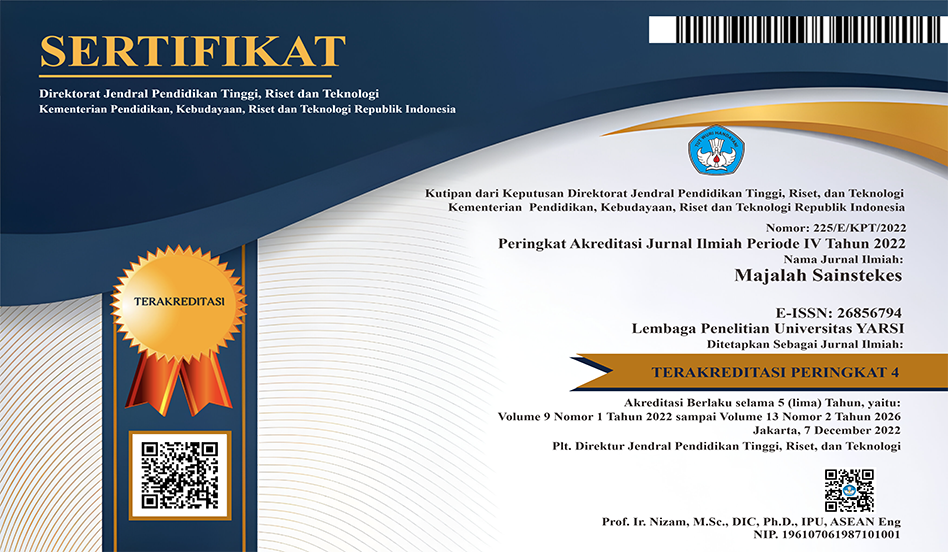Hukum Waris Banci Perspektif Fiqh Islam dan Kitab Undang-Undang Hukum Perdata
Keywords:
Transvestite, Inheritance, Islamic Laws, and Code of Civil LawAbstract
Three things must be fulfilled to distribute the inheritances: inheritor(s), heir(s), and inheritance. The problem arises if the sex is unknown (transvestite), will he receive the male’s or female’s portion of inheritance? This research uses a literature research method, namely by analyzing existing literature materials, both from the literature and from the laws and regulations, especially those relating to inheritance laws. Research results obtained by researchers that the Criminal Code has not discussed the transvestite laws. The Criminal Code does not differentiate between male and female inheritance whereas Islamic fiqh represented by Islamic Laws Scholars begged to differ in views about the rule of transvestite and the person who inherited with him: Hanafiyah argued that transvestites took the worst part and the heirs with him made the best part. Malikiyah explained transvestite and the person who inherited with him got half the male and half of women. Syafi'iyah argued that transvestites and the person who inherited with him had the worst part of the two possibilities of being male or female. Hanabilah was of the opinion that if the transvestite was still small then they agreed with the view of syafi'iyah, whereas if the transvestite had already matured then they agree with his opinion malikiyah.

 Karimulloh Karimulloh
Karimulloh Karimulloh












